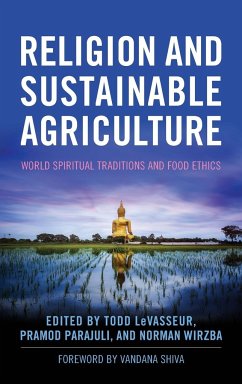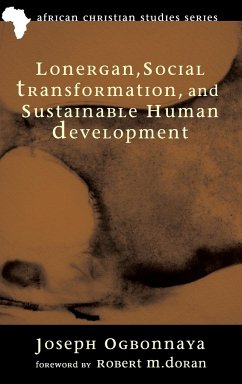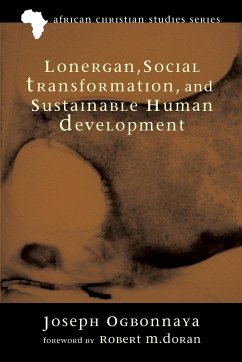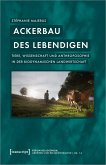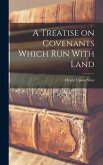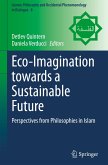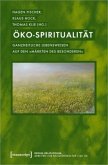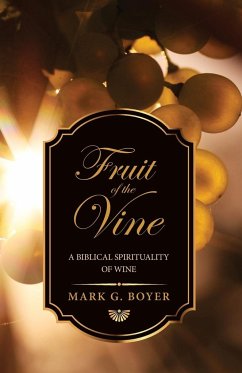Distinct practices of eating are at the heart of many of the world's faith traditions-from the Christian Eucharist to Muslim customs of fasting during Ramadan to the vegetarianism and asceticism practiced by some followers of Hinduism and Buddhism. What we eat, how we eat, and whom we eat with can express our core values and religious devotion more clearly than verbal piety. In this wide-ranging collection, eminent scholars, theologians, activists, and lay farmers illuminate how religious beliefs influence and are influenced by the values and practices of sustainable agriculture. Together, they analyze a multitude of agricultural practices for their contributions to healthy, ethical living and environmental justice. Throughout, the contributors address current critical issues, including global trade agreements, indigenous rights to land and seed, and the effects of postcolonialism on farming and industry. Covering indigenous, Buddhist, Hindu, Christian, Muslim, and Jewish perspectives, this groundbreaking volume makes a significant contribution to the study of ethics and agriculture.
Bitte wählen Sie Ihr Anliegen aus.
Rechnungen
Retourenschein anfordern
Bestellstatus
Storno

